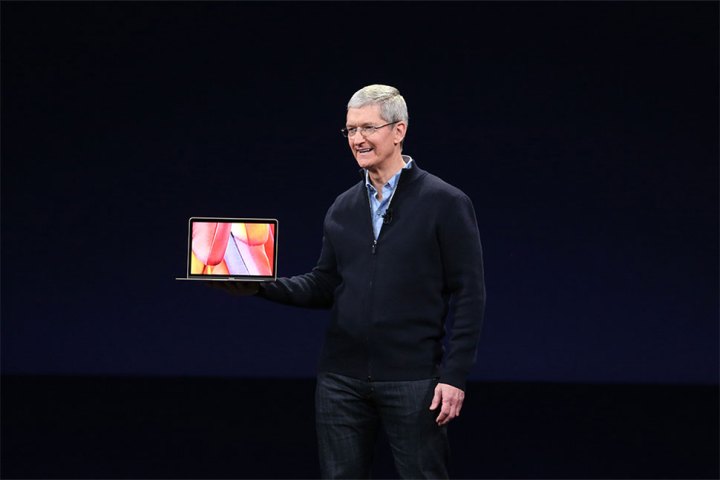
For well over a decade, OS X has been the name for the operating system used on millions of Macs around the world — but it’s fair to say that Apple has changed a lot since the OS was implemented in 2002. This minor edit would bring its moniker in line with the likes of iOS, tvOS, and watchOS.
This isn’t the first indication that Apple might be mulling such a change. Last month, the term “macOS” was found in the name of a file included in the OS X 10.11.4 update which was distributed to users on March 21, as referenced in reporting by 9to5Mac.
Related: Developer survey shows growing preference for OS X
Of course, there is a minor difference between these two pieces of evidence; one capitalizes the word Mac, whereas the other does not. The lower-case style certainly fits the pattern of Apple’s other platforms, but it also makes sense that the company would continue to treat the word Mac as a proper noun.
Regardless, the fact that the software development team and the copywriter behind the FAQ page both seem to be familiar with the label MacOS seems to suggest that the rebranding is common knowledge in the halls of Apple HQ. It remains to be seen how long it’ll be before we hear official word from Apple on the situation.
Since the release of OS X 10.7 in 2011, Apple has stuck to an annual schedule for the launch of its incremental updates. If OS X is indeed set to transform into MacOS, we can perhaps expect the announcement to be made when the next version is unveiled to the public — which will likely take place in the fall.


